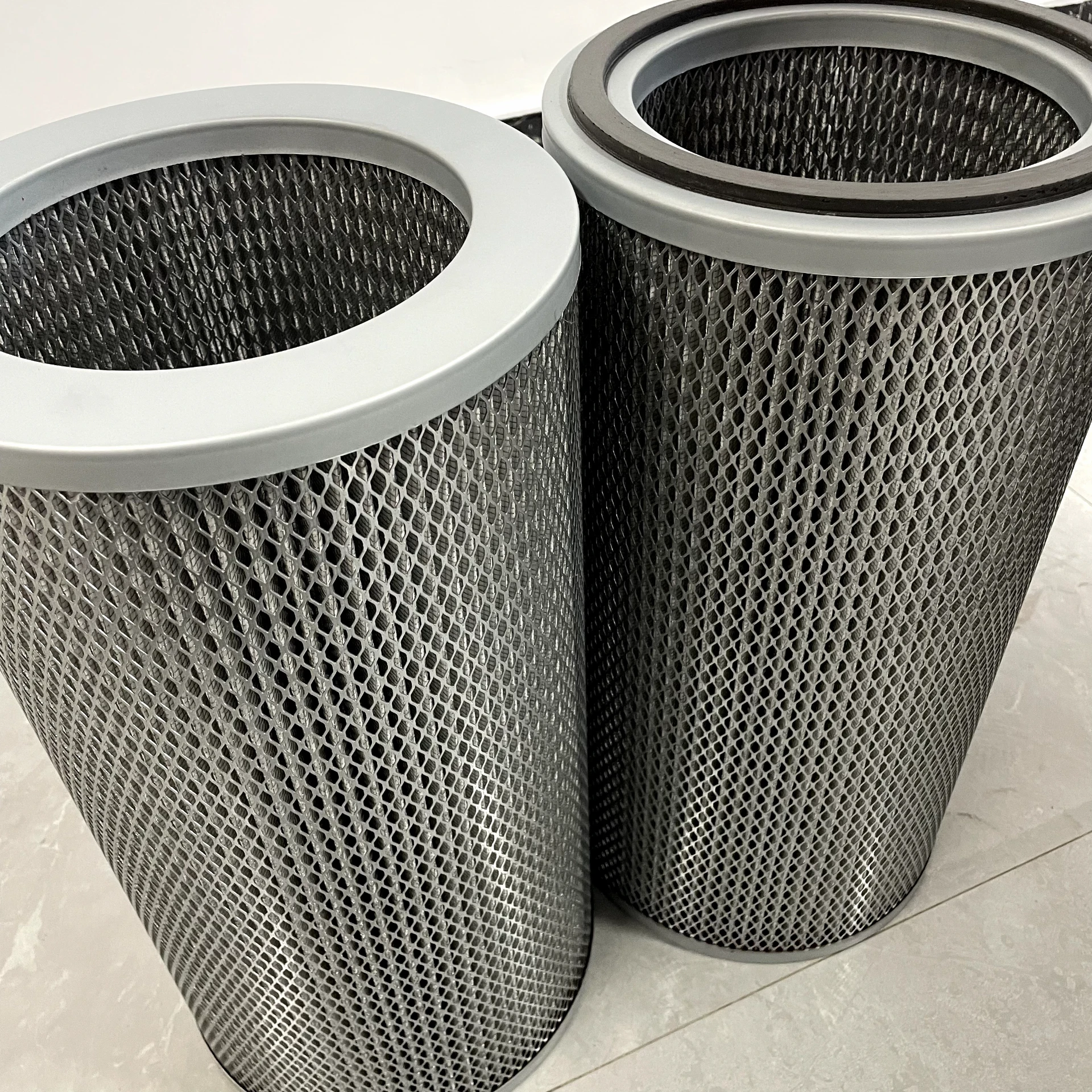 Tel:
+8615930870079
Tel:
+8615930870079
Dec . 03, 2024 11:23 Back to list
gas turbine inlet filter
Importance of Gas Turbine Inlet Filters
Gas turbines play a crucial role in various applications, from power generation to aviation. Their efficiency and performance largely depend on the quality of the air that enters the turbine. This is where gas turbine inlet filters come into play, ensuring that the air supplied to the turbine is clean and free from contaminants.
Understanding Gas Turbine Inlet Filters
Gas turbine inlet filters are designed to remove particulate matter, dust, and other pollutants from the air before it enters the turbine. The air quality significantly affects the turbine's performance, longevity, and overall efficiency. Contaminants can lead to erosion, corrosion, and fouling of the turbine components, which can result in degraded performance, increased maintenance costs, and shorter operational life.
Inlet filters are typically made from advanced materials that provide high filtration efficiency while allowing for minimal airflow restriction. The choice of filter media and design is critical, as it must balance the need for clean air with the operational demands of the turbine.
Types of Gas Turbine Inlet Filters
There are several types of inlet filters used in gas turbines, including
1. Panel Filters These are flat filters mounted in frames or panels. They typically use synthetic or fiberglass media and are effective in capturing larger particles such as dust and pollen.
2. Bag Filters These filters consist of several bags made of filter fabric. They provide a larger surface area for dust collection and are suitable for environments with high levels of particulate matter.
3. V-bank Filters These filters are arranged in a V-shaped configuration to increase the filtration surface area. They are highly efficient for both particulate and microbial contamination.
4. Cyclone Separators These utilize centrifugal force to separate larger particles from the air stream. Although not a filter in the traditional sense, they can be used in conjunction with other filtering technologies for enhanced performance.
5. Electrostatic Precipitators These are advanced filtration systems that use electric fields to remove charged particles from the air, providing a high level of filtration efficiency.
gas turbine inlet filter

Importance of Regular Maintenance
Regular maintenance of gas turbine inlet filters is essential to ensure their continued performance. Over time, filters can become saturated with dust and debris, which can restrict airflow and reduce the efficiency of the turbine. Routine inspections and replacements are necessary to avoid operational issues.
The maintenance schedule will depend on several factors, including the operating environment, the application of the turbine, and the specific filter type. In challenging environments, filters may need more frequent checks and replacements.
The Benefits of Efficient Filtration
Implementing effective gas turbine inlet filters offers numerous benefits
- Enhanced Performance Clean air entering the turbine allows for optimal combustion and efficiency, leading to improved performance.
- Reduced Maintenance Costs By preventing contaminants from entering the turbine, the risk of wear and tear on components is minimized, leading to lower maintenance and repair costs.
- Extended Equipment Life Quality filters help protect the turbine, extending its operational life and reducing the need for early replacement.
- Environmental Compliance Efficient filtration can help organizations meet regulatory requirements regarding emissions and air quality, contributing to environmental sustainability.
Conclusion
Gas turbine inlet filters are a vital component in ensuring the efficient and reliable operation of gas turbines. By removing harmful contaminants from the air, these filters enhance turbine performance, reduce maintenance costs, and extend the life of the equipment. In an era where efficiency and environmental responsibility are paramount, investing in high-quality inlet filtration systems is not just a smart choice; it is a necessary step toward operational excellence and sustainability in the industry. Regular maintenance and timely replacement of these filters will go a long way in safeguarding the integrity of gas turbine operations, making them a key player in the energy landscape of the future.
-
Types and Applications of Air Filtration CartridgesNewsJul.28,2025
-
The Role of Gas Turbine FiltersNewsJul.28,2025
-
Mastering Air Filter Cartridge UseNewsJul.28,2025
-
Advanced Turbine Filters for Modern Gas TurbinesNewsJul.28,2025
-
Cellulose Air Filter Cartridge Advantages in Dust FiltrationNewsJul.28,2025
-
Cellulose Filters for Air Particle ReductionNewsJul.28,2025

 Email:
Email:





